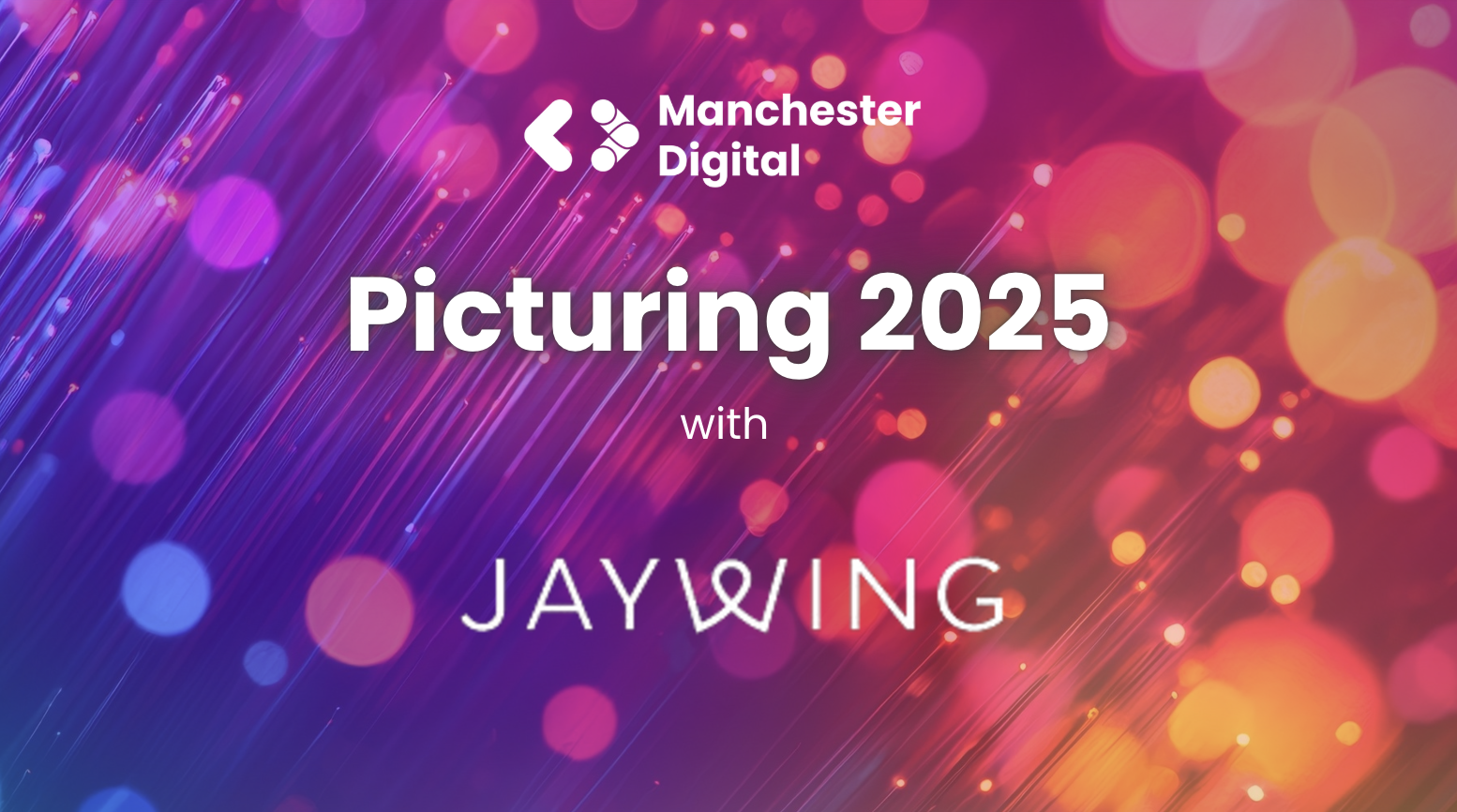
As we approach 2025, Manchester Digital is excited to share Picturing 2025 - a series of essays from our members offering insights into the tech trends and challenges ahead. Below, Jaywing discuss What AI Has in Store for Us in 2025
The 2025 landscape of Artificial Intelligence (AI) is set to redefine the boundaries of technology and creativity. Malcolm Clifford, Technology and Strategy Leader and Joe Crawforth, AI Research and Development Leader, from Jaywing’s Accelerator Lab highlight critical developments, industry implications, and transformative potential.
Below are the primary insights and predictions:
State of Play: 2024’s AI Advancements
Technological Leap: 2024 marked a pivotal year with significant AI advancements. Multimodal systems now integrate images, text, and audio inputs, offering more sophisticated applications.
Major Tech Contributions: OpenAI introduced real-time internet access and logical problem-solving with its o1-preview model, while Meta led open-source innovation by enabling localised AI implementations. Google's Gemini further integrated AI into daily tasks, especially within search functionalities.
Consumer Integration: Tech giants like Apple, Microsoft, and Google have embedded AI across their operating systems, making it accessible for routine tasks such as email management and image editing.
Regulatory Evolution: The EU's AI Act emphasizes transparency and safety, potentially challenging innovation. The UK's principles-based framework promotes innovation while maintaining accountability.
Foundations of AI: Multimodality and On-Device Capabilities
Multimodal AI: The expansion of AI systems that process multiple input formats (text, images, video, audio) is reshaping interactions. For example, AI could soon seamlessly integrate multimedia outputs without explicit user requests.
Device-Native AI Models: Companies like Apple and Microsoft are pioneering AI-powered devices capable of processing tasks locally. This innovation could revolutionise personal productivity, enabling actions such as cross-referencing emails and automating business communications.
Informed Decision-Making: Data as the Key to Hyper-Personalisation
Data Quality Challenges: The adage "Garbage in, Garbage out" underscores the necessity of robust data foundations. Businesses that fail to address data quality will struggle to harness AI effectively.
Personalised Customer Interactions: Generative AI's ability to process contextual data allows for hyper-personalised customer experiences. In sectors like retail and travel, AI-powered virtual assistants can interpret nuanced customer queries to deliver tailored recommendations. However, success hinges on robust and well-structured data systems.
Powering Productivity: Shifting Roles in Content Creation
Automation and Creativity: AI's capability to synthesise diverse data formats is driving automation in routine tasks. Humans are transitioning from creators to editors, leveraging AI to focus on high-level creativity.
Content Authenticity and Style: With increasing reliance on AI-generated content, organisations will prioritise models that align with their brand voice. This shift necessitates a balance between scale and quality, with humans maintaining editorial oversight.
Measuring Impact: Authenticity, Relevance, and Synthetic Audiences
Search and Content Relevance: As generative AI becomes integral to search engines, the authenticity and relevance of content will determine competitive success. Agencies will need tools to measure these factors effectively.
Synthetic Audiences: AI-driven personas and predictive models are becoming reliable tools for simulating consumer responses. These innovations are poised to transform market research, creative testing, and strategy development.
Wildcards: The Creative Landscape in Flux
Democratisation of Creativity: AI tools will empower non-experts to create professional-quality digital content. For creatives, these tools are opportunities for efficiency rather than threats of replacement.
Transformation Across Industries: AI will accelerate ideation, digitisation, and execution processes across creative industries. However, successful integration requires creatives to adopt these tools while maintaining oversight of quality and strategy.
AI in 2025 is not just about technological advances—it’s about transforming how businesses, creatives, and consumers engage with the digital world. The path forward emphasises hyper-personalisation, efficient automation, and harmonising human creativity with AI capabilities. Organisations that adapt quickly to these changes, leveraging robust data and embracing AI tools, will lead in delivering innovative and impactful solutions.
To access the full report, visit:








